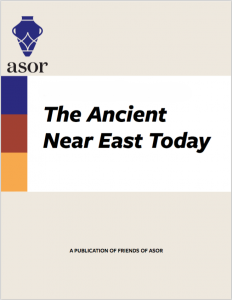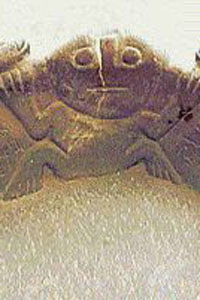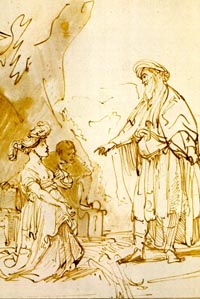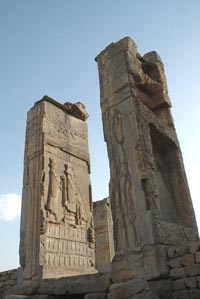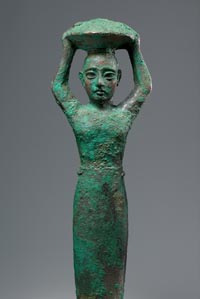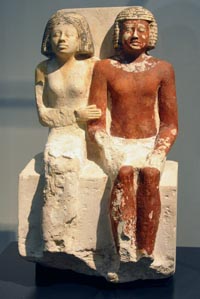

November 2016
Vol. 4, No. 11
 Ask a Near Eastern Professional: How the Sumerians Got to Peru
Ask a Near Eastern Professional: How the Sumerians Got to Peru
By Alex Joffe
There was indeed a “Sumerian bowl” found in the late 1950s near Lake Titicaca, at the site of Hacienda Chúa, about 75 miles north of La Paz. The dark bowl has a prominent rim and a strap handle, is decorated with carved figures and geometric designs and, most significantly, has a sort of cuneiform inscription on the interior.
READ MORE
 It’s Complicated: Biblical Exercise for the Theological and Ethical Imagination
It’s Complicated: Biblical Exercise for the Theological and Ethical Imagination
By C. L. Crouch
Why does the Bible matter? Why do we continue to talk about, turn to, and study a diverse assortment of narratives, poems, laws and prophetic proclamations at least two millennia old? The most straightforward answer is that they continue to serve as the sacred texts for two of the world’s major religions, Judaism and Christianity, and as an interlocutor for a third, Islam.
READ MORE
 Good Public Relations: What Persian Propaganda Tells Us About the ‘Nehemiah Memoir’
Good Public Relations: What Persian Propaganda Tells Us About the ‘Nehemiah Memoir’
By Lucas Schulte
Stretching from Egypt to the Indus River, the Persian Empire was the largest empire yet seen in the ancient Near East. Typically, the Hebrew Bible depicts ancient Near Eastern empires as divine instruments of punishment. But the Persian Empire is an exception: the Persians allowed Judean exiles to return home and rebuild the Jerusalem temple.
READ MORE
 The Sumerian King List or the ‘History’ of Kingship in Early Mesopotamia
The Sumerian King List or the ‘History’ of Kingship in Early Mesopotamia
By Gianni Marchesi
Of course, there is no such thing as a Sumerian king list. The text usually referred to as the ‘Sumerian King List’ (SKL) is a composition somewhere between a literary text and a list proper, which deals with the history of kingship in Babylonia from the beginning of time to the early centuries of the second millennium BCE.
READ MORE
 The State of Matrimony without the State: New Kingdom Egyptians and Marriage
The State of Matrimony without the State: New Kingdom Egyptians and Marriage
By Grigorios I. Kontopoulos
Marriage is ubiquitous in human societies. But any examination of marriage in ancient Egyptian society requires us to disengage from modern social and theological norms and reconsider the role of the state in aspects of everyday life.
READ MORE
